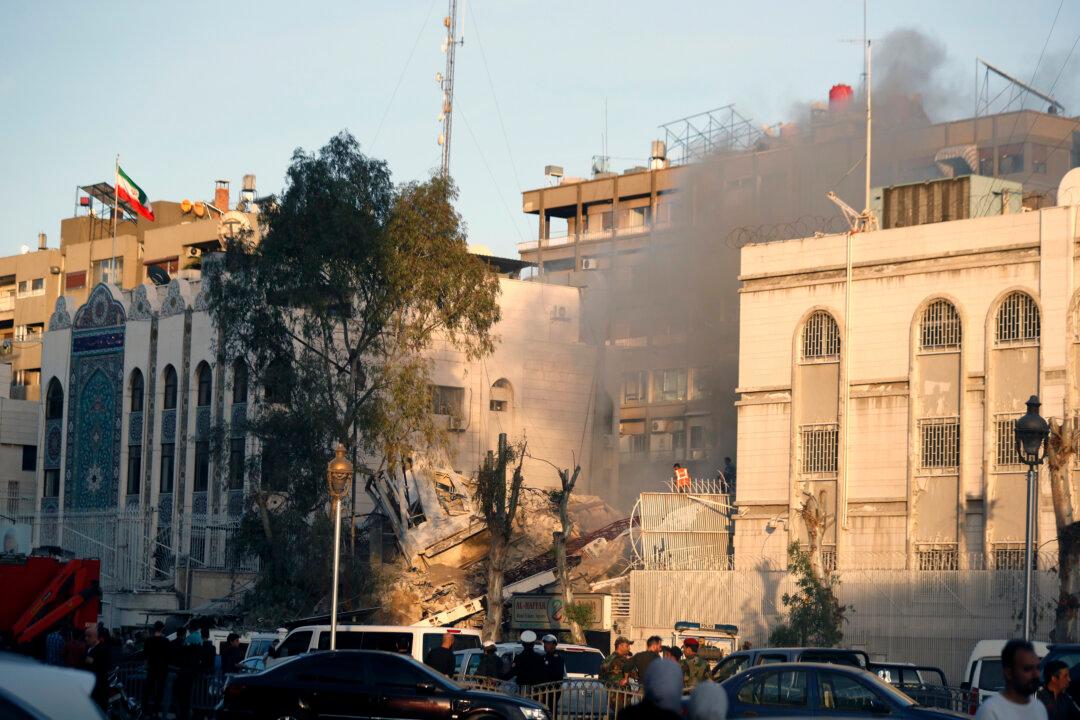Russia has condemned a fresh round of Israeli airstrikes on Syria—the second in less than a week—that reportedly killed several civilians and an Iranian military officer on June 3.
“Moscow strongly condemns these aggressive actions, which constitute a gross violation of Syria’s sovereignty and the basic rules of international law,” Russia’s foreign ministry said in a statement.





